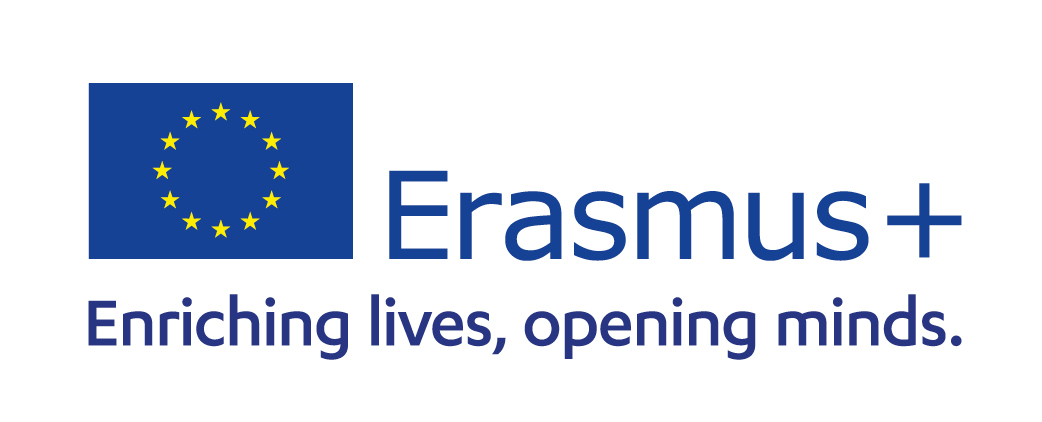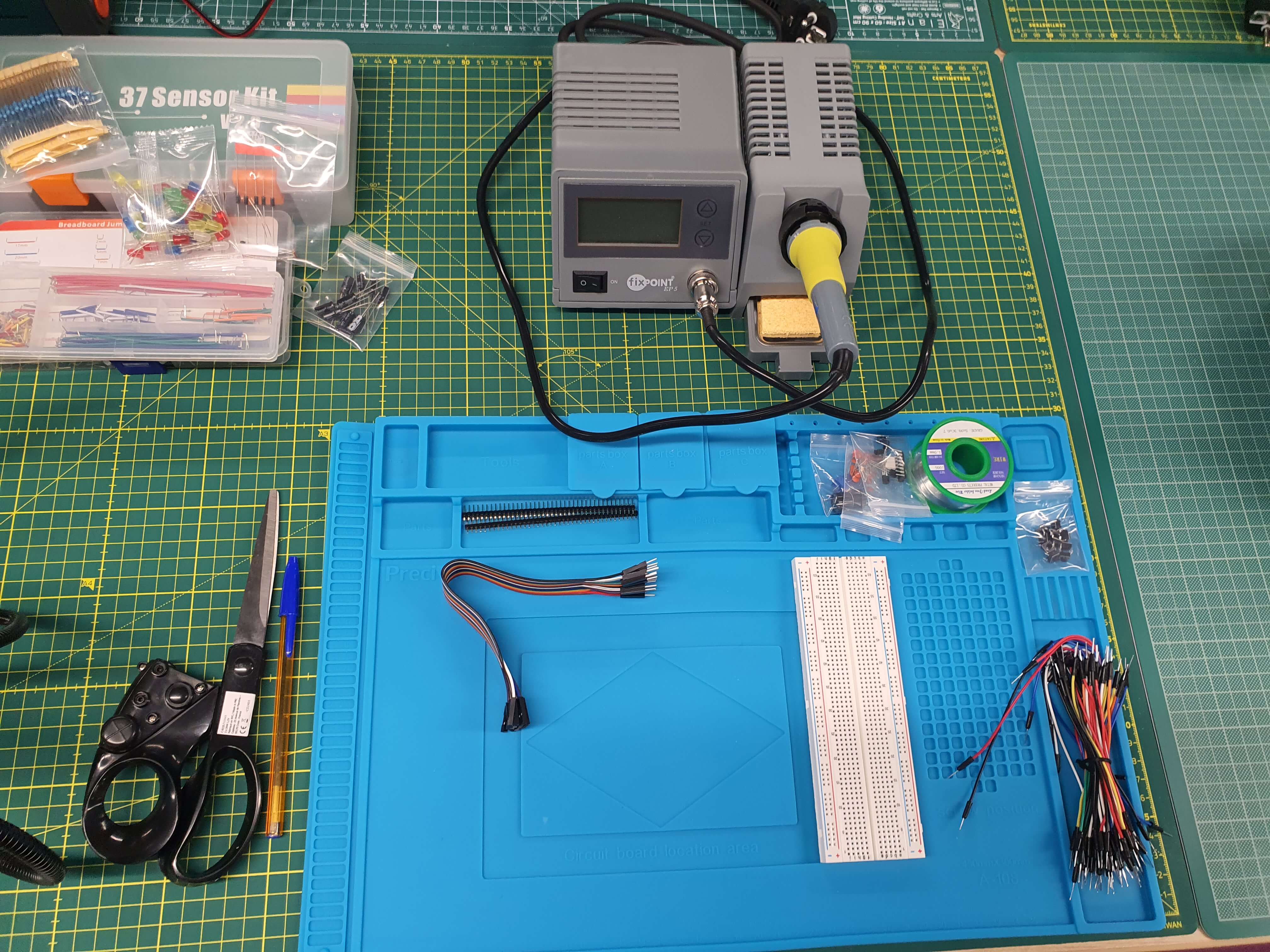DADA
DEVELOPING A DIGITAL ACADEMY
Results
All participating regions were implementing their own solutions that best fit their context but a key aim for this project was that all schools, teachers and participating students wanted to bring their own skills and experiences to a collaborative project and wanted to share successes across regions maximising impact.
Through development of digital, and all other key competences, coupled with excellent teaching methodology, this project enabled opportunities for teachers and students, at all levels, to learn from each other, sharing success and contributing to the development of improved digital practices designed to trigger innovation and change in our schools.
We wanted to design, plan and implement the use of digital innovation as part of a blended learning strategy. A curriculum based on blended learning had been identified by many educators as key to maintaining a quality education for all learners.
We've upskilled teachers enabling them to confidently deliver high quality and engaging digital learning influenced by international collaboration through digital means. We've promoted a cooperative approach to shared learning and open a knowledge sharing dialogue between teachers and students across Europe.
Improved digital competence of all participants, teachers AND students, was key to the success of this project. Participants
- Have used digital technologies to collaborate with other educators
- Have used digital technologies to share and exchange knowledge
- Have Collaborated and produced educational resources adaptable for use across Europe
- Have used collaborative networks to explore and reflect on new pedagogic practices
- Have used the aforementioned network as a source for personal, and professional, development
We have developed a lasting collaboration and connection between schools, teachers and employers in all regions.
All regional coordinators had identified organisations prepared to support and aid this project. It was this collaboration that has steered education in the right direction in terms of identifying current, and future, skills and competences needed in the workplace. We do not know what we are preparing our learners for, and this newCovid-19 world has changed the direction of education forever.
Working together we have opened a collaborative culture influenced by a changing digital landscape.
- Intellectual Outputs that have been developed:
- Baseline assessment of skills and delivery of digital education and an impact review
- Classroom materials to be shared transnationally
- Teacher Training modules and materials for use by target groups
- Good Practice Guidelines incorporating an impact review
- These were supported by:
- Online meetings
- Teacher Training, online and f2f
- Pupil Exchange
- Multiplier Events
Partners in all regions have raised confidence utilising IT effectively in the classroom, raising standards and academic achievement. We have widened participation in the numbers of teachers developing innovative and creative use of IT across the curriculum. One of the key project objectives was to significantly increase the use of digital skills and competences in all subjects.
We have gathered data on active digital teaching, in which subject areas it is most prevalent and where educating authorities should focus their efforts in supporting the development of teacher skills and digital competences.
We've anticipate positive engagement between all stakeholder groups during the project which will grow and continue after the project has ended. The project has helped to strengthen the impact of digital learning and teaching as well as broadening the horizons of pupils and teachers by supporting collaborative teaching on an international level.
Throughout the life of the project teachers and students have developed classroom materials, Intellectual Output 3. By participating in this aspect of the project pupils have gained confidence, cultural awareness, negotiation and presentation skills and have directly contributed to their life skills as they move forward in to the future. Pupils, some of whom may not have had the opportunity to travel before, were encouraged to take part in the transnational pupil learning experiences thus broadening their horizons and developing their global citizenship skills.
These aspects will have monitored throughout continually during the life of the project.
As a result of Covid-19 we did not hold any transnational project meetings face-to-face in year 1. Therefore, all training opportunities for staff were online until the start of year 2.
Online training was opportunity to share knowledge and skills with professionals from partner countries, supporting teacher competences in delivering innovative lessons, and developing student digital competences. However, during year 2 teachers and students actively engaged in LTTs, these opportunities have impacted positively on all participants’ personal and social skills and had a direct impact.

